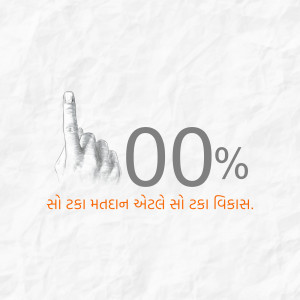The Psychology of Informed Voting Decisions
Understanding how voters process information and make decisions is crucial for maintaining a healthy democracy. Research in cognitive psychology reveals that voters often rely on mental shortcuts, or heuristics, when evaluating candidates and issues. These decision-making patterns can be influenced by various factors including media coverage, social networks, and personal experiences.
Vote.Vision examines the role of information literacy in democratic participation, exploring how citizens can develop critical thinking skills to evaluate political information effectively. The platform addresses common cognitive biases that affect voting behavior, such as confirmation bias and the availability heuristic, providing tools and resources to help voters make more informed decisions.
The digital age has transformed how political information is disseminated and consumed. Social media algorithms, targeted advertising, and echo chambers can significantly impact voter perceptions and choices. Understanding these influences is essential for maintaining the integrity of democratic processes and ensuring that citizens have access to diverse, accurate information sources.



